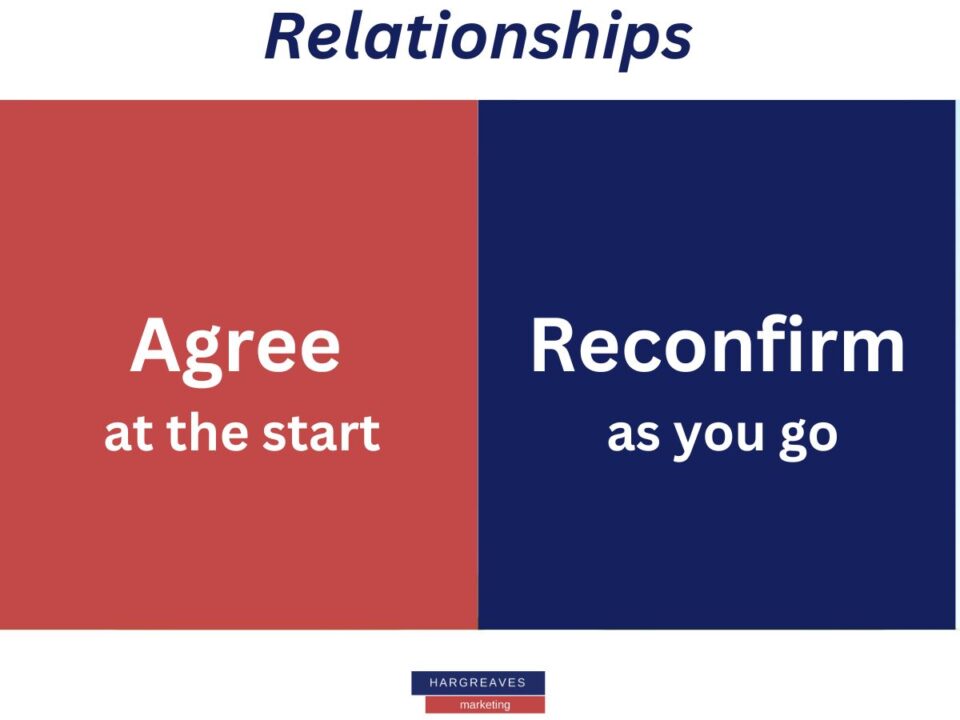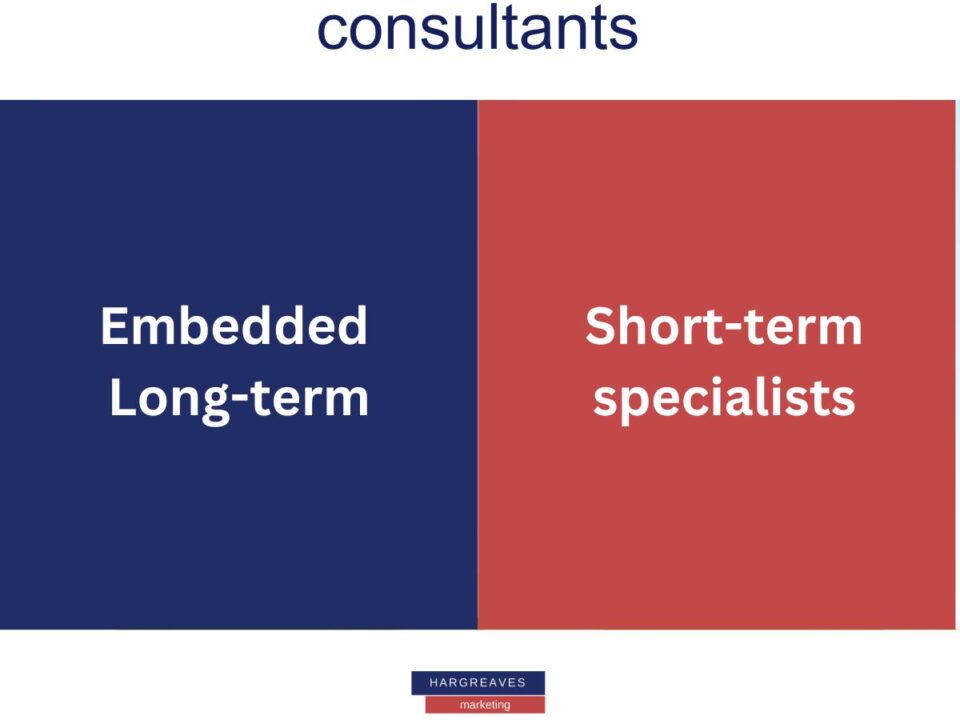
What is the source of your negative feelings about strategy?
20th September 2019
Any business can develop a sustainability policy
8th October 2019For many businesses, recruitment is recruitment. A job is just another job. It may be a more important job or a less well-paid job. However, the thinking behind the hiring and the process is the same for all positions.
For businesses focused heavily on operations and process, this approach is standard. What other way is there?
To understand the need for an alternative approach, we need first to accept that not all jobs are equal.
What we are not talking about here is anything to do with level, rank, salary, and status. Nor are we talking about the complexity or simplicity of the role. These differentiators are just what everybody would expect in a free capitalist society.
The difference we are talking about isn’t related to the way a job gets done, but the importance to the business strategy.
In other words, for the business strategy to work, it needs one or more people employed in specific roles. Without people doing these jobs, the business strategy itself is at risk.
Of course, you could argue that all jobs have been created and maintained because of strategy. I think that would be stretching things. Most jobs exist to service operations. For proof of this statement, consider all the companies who have no clear strategies yet are employing many people. Business just gets done, the way it has always got done. Who needs strategies?
Of course, nothing lasts forever. Eventually, someone looks at the numbers or the markets or the performance and realises that something needs to change or else. The ‘or else’ could be just a minor drop in market share or on the other end of the scale, a significant crisis leading to an existential threat.
This analysis leads to new strategies, and it is at this point that the business realises two things. The first is that new jobs need to be created to solve the problem. The second is that despite employing many people, not one of the existing employees is suitable or available to serve in those new jobs.
To solve the problem and to drive the strategy forward, the business needs to gear up quickly by taking the importance of the business strategy into account. If the strategy is important, then the roles required to support the strategy are important.
What this does not necessarily mean is that the company has to pay more to get the right people to do the jobs.
What we are talking about here is that the company needs to place more importance on the recruitment process itself in terms of the speed, urgency and attention to detail.
Some years ago, I worked for one of the top companies in recruitment with offices across the world. On the first day, the message was clear. Recruitment is not easy. As the boss said, “no one is interested in recruitment until they have a vacancy. Then it is suddenly their top priority.”
This statement applies to all jobs, but for job roles directly associated with the business strategy, it is even apter.
Are you planning to recruit for a role which is going to have a direct impact on your key business strategies?
Treat it as a critical recruitment exercise. As a ‘strategic recruitment.’




